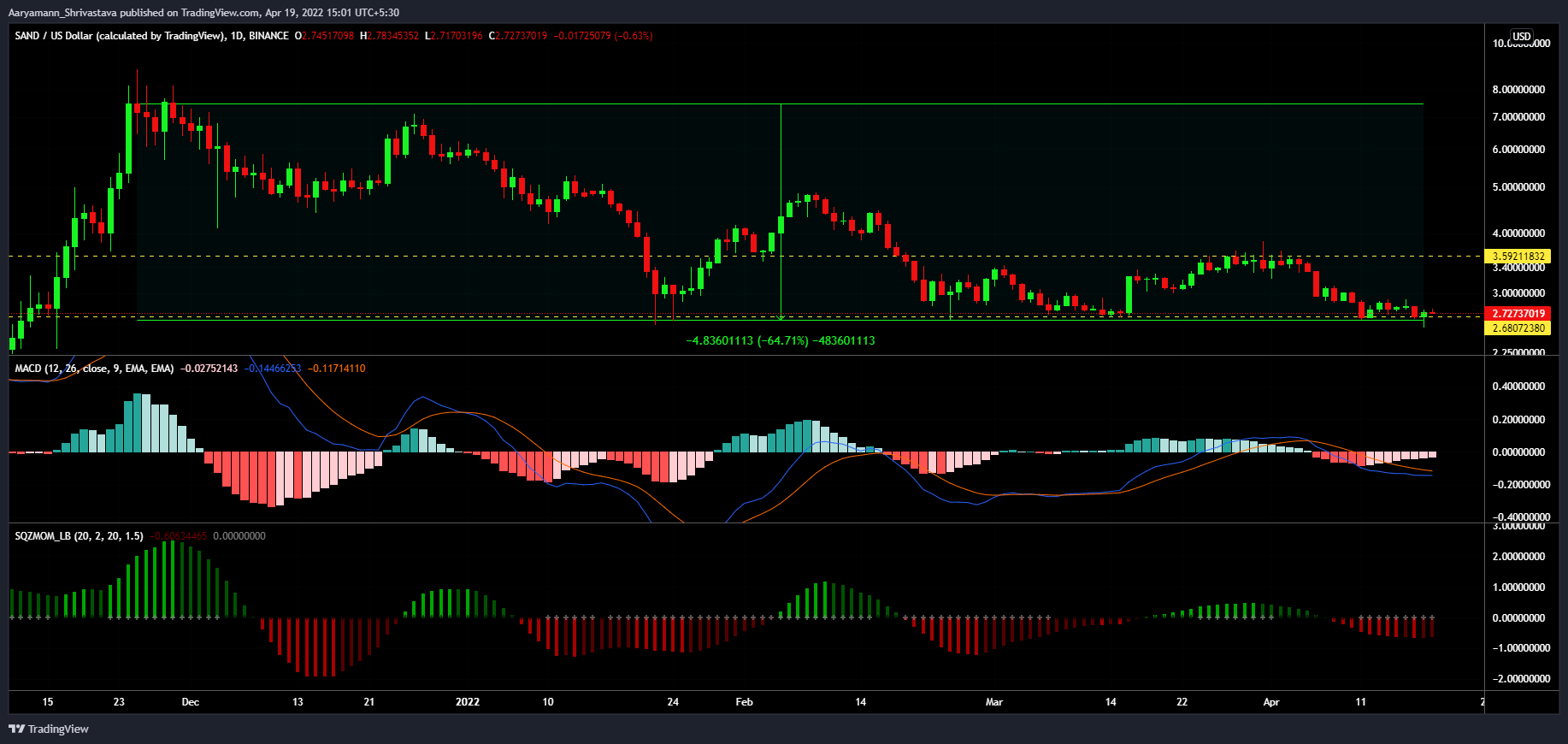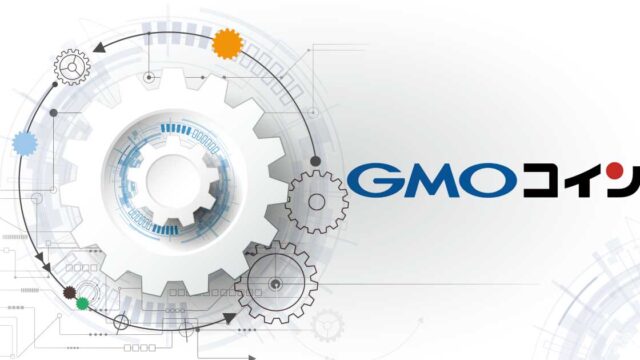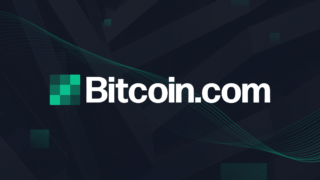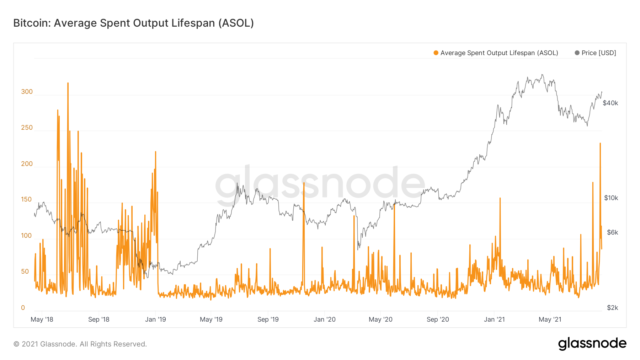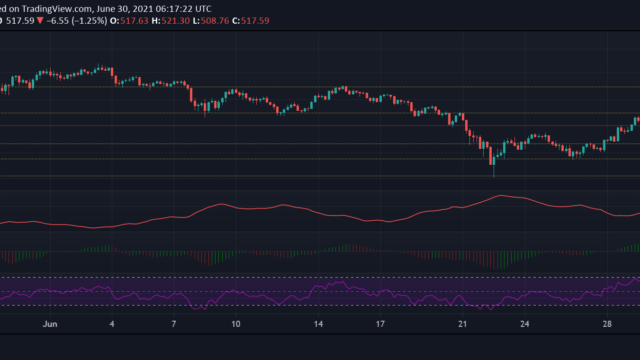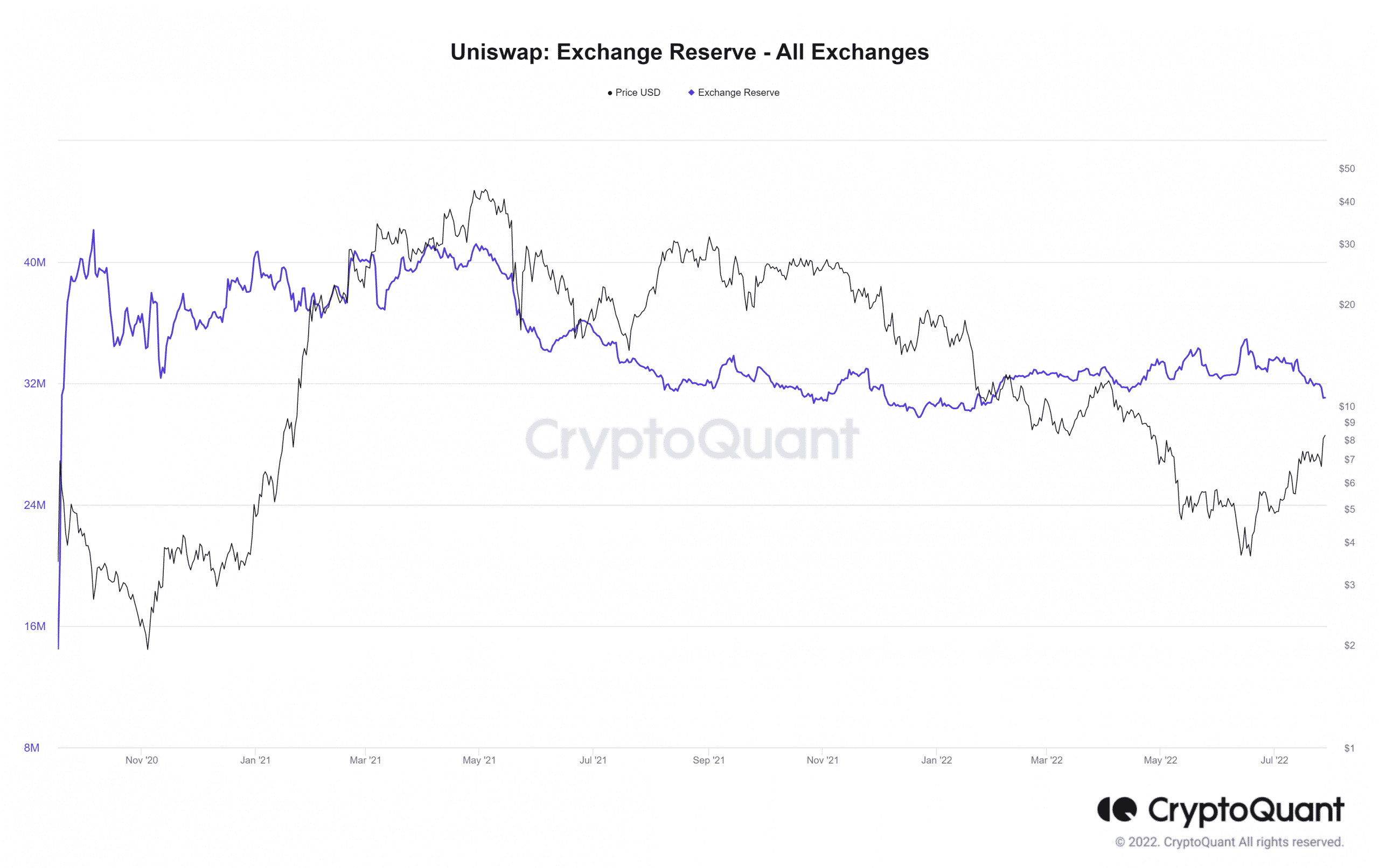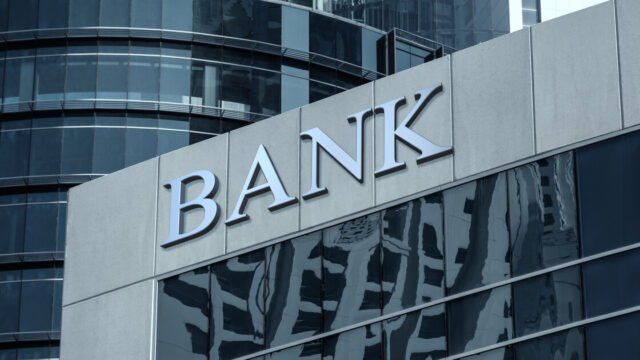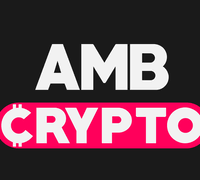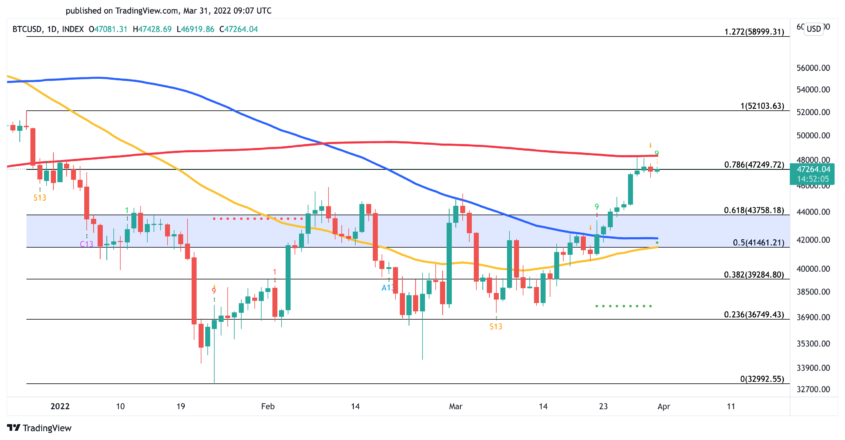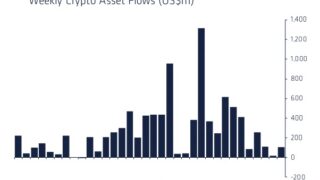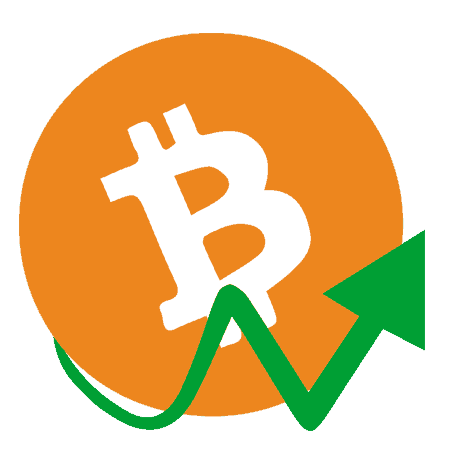原文(英)DeFi Project Spotlight: Indexed Finance, Index-Based DeFi Investing
2021-05-08 21:48:56
Key Takeaways
- As retail interest in DeFi grows, solutions like indices offer easy passive portfolio management opportunities.
- The index space is highly competitive, with DeFi Pulse Index taking the large majority of the market capitalization.
- The project’s upcoming release will turn all underlying tokens in the indices into yield-generating assets.
Share this article
Crypto, and DeFi in particular, can be tedious work to follow. By facilitating investment in specific sectors through indices, Indexed Finance creates an enticing financial product that removes much of the hassle of micromanaging a portfolio.
- What Is Indexed?
- Introducing The Indexed Finance Indices
- Who’s Their Competition?
- What’s in Indexed’s Future?
- Vampire Attack or Innovation? Basketdao Storms the DeFi Index Scene
- What Are Non-Fungible Tokens (NFTs)?
- Indexed Finance Combines DeFi Favorites in New “DEGEN Index”
- DeFi Lending Protocol AAVE Launches New Upgrade, Saves Users Gas
What Is Indexed?
Not dissimilar to a traditional index fund, Indexed offers passive portfolio management strategies that allow for easy investment in broad sectors of the crypto market.
In traditional finance, indices are an extremely popular product. There are currently 5,000 U.S. indices available to trade on the stock market. They allow investors to increase their exposure to particular market sectors while softening any sudden downward price movements from a single investment. These indices can represent a country’s largest companies, the key players in a certain sector (the XLV for the health care market, for example), or even a wider selection of consistently well-performing companies like the Dow Jones Industrial Average. Indices play a key role in analyzing the health of a sector and facilitating investments in a broader market.
Indices reduce the amount of research necessary to gain broad exposure to the market too. Following the development of various projects is often a full-time job and many investors enjoy the reduced stress of not having to micromanage their funds. In the world of crypto, this strategy also reduces the cost of gas fees. Instead of manually trading and rebalancing your portfolio, an index maintains its allocations automatically. Over the long run, these savings can be significant given the cost of using Ethereum.
Indices also reduce volatility if one part of the index dramatically falls. This is more common in crypto than in traditional finance; DeFi, in particular, is vulnerable to any number of hacks and smart contract bugs, which has led individual tokens to drastically losing their value.
What Indexed is offering, however, is more than a normal index fund. Indexed is built on top of Balancer liquidity pools. Balancer has the unique advantage of providing liquidity pools that can accommodate more than two assets and assign each asset to a particular weight in the pool.
This provides two advantages for Indexed. First, the pools automatically rebalance themselves as they provide arbitrage opportunities when individual tokens exceed their targeted weight.
Second, the indices charge a certain fee when users swap in and out of them, which is redistributed to the pool. In exchange for the underlying tokens, users receive one token representing their stake in the pool. This is similar to how a Uniswap LP token represents a share in a pool with two tokens; an index token represents a share in a pool with a basket of tokens.

Traditional indices function through rebalancing. If one of the assets in the index performs well, some of it is sold for the lesser-performing ones to keep the preferred composition.
Instead of letting arbitrageurs exploit opportunities to mint and burn the pool token in exchange for the underlying tokens, Indexed doesn’t need to rebalance the indices to their target weight themselves and save on gas fees. By charging a small burn fee, they also redistribute part of the arbitrage profit to their users.
Introducing The Indexed Finance Indices
When Indexed launched in December 2020, it did so with two indices: DEFI5 and CC10.
The first is a pool consisting of five DeFi bluechip tokens, including Uniswap, Compound, Curve, Synthetix, and Aave. The second index is focused on various well-known large-cap cryptocurrencies chosen by the founders.
These two indices saw incredible growth during the first quarter of 2021, with solid returns across the board.

Since then, three more indices have launched, each with its niche and value proposition.
The Oracle Top 5 Index is focused on oracles, with a heavy allocation in Chainlink. It is currently the least popular index in terms of market cap, but it has enjoyed growth.
The NFT Platform Index is a one-stop investment into many different NFT platforms, governance tokens, games, and virtual land. This index is a clever way to invest in the fast-growing sector of non-fungible tokens without putting in the hours of research into different existing platforms and projects.
While the potential of NFTs is clear to many, the current state of the market is hard to follow, and the popularity of different platforms may come and go. The NFT index comprises ten different tokens from projects such as Enjin, Axie Infinity, Decentraland, Rarible, or NFTX. Even if one of these projects were to fail, the overall price of the index would be less affected.
Perhaps the most exciting index is DEGEN. This index features small- to mid-sized DeFi tokens that the Indexed community considered to have large upside potential. The idea for the index was put forward by a well-known Twitter user called redphonecrypto on the promise of delivering an easy option for crypto investors with much higher risk tolerance, sometimes called “Degens.”
Sers, what a strange, wicked, beautiful journey crypto can take us mortals on
It appears we’ll soon have a tradeable $DEGEN token
It will = a basket of 10 of the fastest-growing, most promising small cap tokens in crypto
& it will run on https://t.co/Icqdr0xGKn $NDX
More 👇
— redphonecrypto (@redphonecrypto) February 7, 2021
Some of the tokens in DEGEN are much more established (RUNE, ALPHA, RSR, REN, etc…) and often have vocal communities, making the DEGEN index a good move for Indexed’s broad appeal.

Broad appeal is the name of the game for Indexed. The most significant hurdle for the protocol isn’t internal but external. The competition in the index space is fierce, and Indexed has some well-established competitors in front of them.
On Apr. 28, Indexed has also released their 484 Fund in cooperation with 0x_b1, one of the largest active DeFi wallets operating with more than half a billion dollars.
Who’s Their Competition?
The biggest challenge ahead of Indexed is twofold. First, they have to provide a better financial product than their competitors that maximizes returns. Second: investors have to know about it.
Indices are all about comfort. Investors want to know they’re exposed to the market with little to no portfolio management needed. In turn, they accept that they might not catch every move and miss out on some portfolio optimization they could have done with more research. Index investors choose these products to avoid the headache but still enjoy high returns.
As explained above, by charging a fee on arbitrage opportunities, Indexed’s Balancer pool system generates a small yield from their indices. It brings their investors slightly higher returns than their competition. Still, this advantage may not be enough to entice new investors.

Their main competitor is the DeFi Pulse Index (DPI) from IndexCoop. Currently, DPI boasts a $140 million market cap while the total value locked in all of Indexed Finance stands at $28 million. While holders of DEFI5 have enjoyed a few additional percentages of profit against DPI, DPI’s prior arrival to the market has given it the necessary boost to attract more investors.
Additionally, one of Indexed’s most potent value propositions is currently being threatened. By holding DPI, investors were rewarded for the appreciation of their underlying assets, while Indexed also rewarded investors with swap fees from Balancer pools. However, the DeFi index scene was recently taken by storm by BasketDAO’s bDPI, which replicates DPI only with interest-bearing tokens. Very quickly, users migrated more than $40 million worth of DPI to BasketDAO’s protocol to enjoy the additional yield.
This isn’t overly worrying to Indexed’s team either. In an interview with Crypto Briefing, team member Emanuel Coen commented: “We’ll see if BasketDAO can differentiate themselves over the long-term. DPI’s big strength is not the portfolio structure they use but their marketing skills and brand. This can’t be forked.”
Additionally, replacing tokens with their interest-bearing equivalents is not the most lucrative solution out there. Lending UNI tokens on Compound at the moment only returns 0.2% APY, so there are certainly better strategies out there to increase the profitability of these underlying assets.
Index Coop, the community behind DPI, reacted quickly by proposing new ways to activate the underlying liquidity of DPI. If these were to pass, it would further incentivize people to invest in DPI. This is something that Indexed, in its current form, can’t replicate. As the funds are locked in an AMM pool, Indexed can’t use these to generate yield elsewhere.
Indexed does, however, have a few tricks up its sleeve baked into its upcoming v2 launch.
What’s in Indexed’s Future?
One of the notable strengths of the protocol lies in its flourishing community.
Perhaps more than other DeFi protocols, a community-led index provider needs active discussions and community involvement to propose new indices creatively, discuss the underlying assets those will include, and, perhaps most importantly, spread the word about these assets.
Indexed has sustained multiple critical relationships with influential members of the DeFi community. One such figure was Molly Wintermute from Hegic, who very early on invested $100,000 in the protocol, kickstarting its early life. As previously mentioned, redphonecrypto and 0x_bay, two famous crypto Twitter personalities, were behind the idea for DEGEN. And most recently, DeFi whale 0x_b1 reached out to Indexed to cooperate with them on an index mirroring the mysterious addresses’ investments.
Indexed acted quickly, and NDX holders are voted on a proposal for the new index ERROR.
0xb1 🏋️ strategy. What say you @ndxfi?
— 0xb1.484 | 四八四 (@0x_b1) March 18, 2021
The new index is now released under the name 484 Fund with the ticker symbol ERROR.
However, the most exciting development for Indexed is the recent announcement of their second version and a change to the fundamental structure of their indices. To keep up with the competition now using underlying assets to generate additional fees through yield, Indexed will create a new vault-like portfolio structure where funds can be used to generate yield through platforms such as Aave, Compound, or Yearn.
With these vaults, the community will create management strategies for its new indices far more complex than the current structure. Indexed also has other projects in the works for its v2, such as Uniswap v3 position managers. A reworked tokenomics would also increase value accrual to NDX token holders, similar to Curve’s vesting system.
In conclusion, Indexed Finance has two critical challenges ahead of them. First, they need to continue innovating and building the most financially profitable indices on the crypto market. Second, they need to let investors know about them.
Indexed Finance’s success will be heavily dependent on their community for both of these essential tasks.
Fun ideas such as the DEGEN index not only present an appealing financial opportunity they also help Indexed expand its reach and become a larger player in the crypto space.
Disclaimer: The author held BTC, ETH, NDX, and a number of other cryptocurrencies at the time of writing. One or more members of Crypto Briefing’s management team owns HEGIC. The company (Decentral Media Inc.) owns HEGIC.
Share this article
Vampire Attack or Innovation? Basketdao Storms the DeFi Index Scene
BasketDAO has announced its new DeFi index: BDPI. By taking the same underlying assets and converting them to their yield-bearing equivalent, BasketDAO is offering better a better return than DeFi…
What Are Non-Fungible Tokens (NFTs)?
Tokenization is well-suited for commodities like fiat currencies, gold, and physical land. A fungible asset’s representation on blockchain makes commodities tradable 24/7 via borderless and frictionless transactions. Fungible goods are…
Indexed Finance Combines DeFi Favorites in New “DEGEN Index”
The DEGEN index features several smaller DeFi projects that could become long-term winners. Potential DeFi Blue Chips Indexed The Indexed Finance team has unveiled a new community-led DeFi index called…
DeFi Lending Protocol AAVE Launches New Upgrade, Saves Users Gas
AAVE, the popular DeFi lending protocol, has released version two of its protocol. The upgrade brings many changes, from improving features like flash loans and credit delegation to adding new features…
元ソース
続き・詳細はこちら
DeFi Project Spotlight: Indexed Finance, Index-Based DeFi Investing
